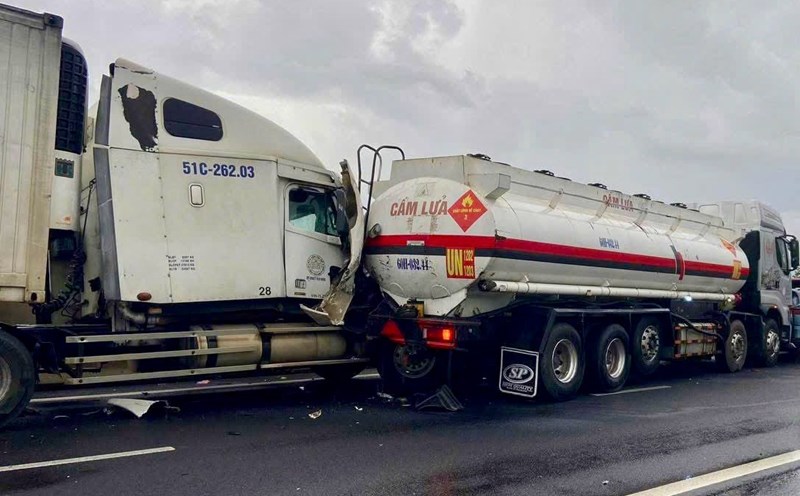Domestic coffee prices
Domestic coffee prices suddenly fell sharply when they just regained their upward momentum in yesterday's session. Accordingly, this morning, the market recorded a decrease of 1,500 VND/kg in green coffee beans compared to yesterday's session.
In Dak Lak, Gia Lai, coffee prices are traded at 125,000 VND/kg;
In Lam Dong, the average coffee price is 124,500 VND/kg;
In Dak Nong, coffee prices are around 125,200 VND/kg;
Thus, domestic coffee prices have returned to their lowest level in a week, losing all the increase achieved in mid-May.
Compared to May 14, 2025, domestic coffee is currently down by VND 1,600 - 1,700/kg.
Compared to the peak on April 21, 2025, when the price exceeded VND 128,700 - 129,000/kg, the market lost more than VND 3,000/kg, reflecting a deep adjustment.
World coffee prices drop across the board
On the London Stock Exchange, Robusta coffee futures for July 2025 decreased by 70 USD, to 4,903 USD/ton. September and November terms also fell by $67 and $63 respectively, recording the second consecutive plunge of the week.
On the New York Stock Exchange, Arabica prices for delivery in July 2025 lost 5.40 cents, down 369.30 cents/lb. Other terms such as September and December also fell around 4-5 cents, showing a widespread general correction trend.
Profit-taking pressure, supply and exchange rate pressure
The decline in coffee prices comes in the context of many intertwined adverse factors. On the one hand, investors took profits after a strong increase at the beginning of the month. On the other hand, favorable weather in Brazil and Vietnam is reinforcing expectations of improved supply, especially as the Robusta harvest in Brazil has begun.
The increase in the Brazilian USD/Real exchange rate has made coffee in this country cheaper in the international market, stimulating farmers to sell more, creating downward pressure on the floor. In addition, investment funds are still holding large net buying positions but are gradually decreasing in scale, showing that defensive psychology is returning before the Brazilian winter - a factor that always has the potential for unexpected weather risks.











